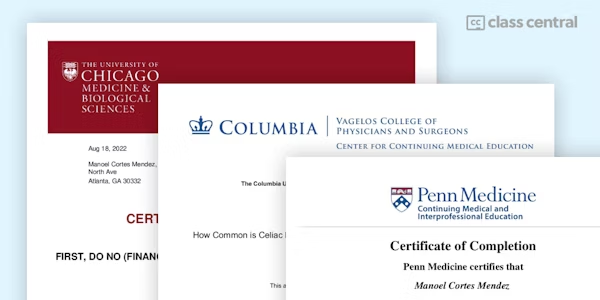The goal of this 4-week course is to equip learners to safely care for a patient infected with a pathogen requiring high-level biocontainment. This can be accomplished in any healthcare facility given the correct approach and protocols.
Please copy and paste the following link into a new tab/browser to view the video overview of our course. http://bit.ly/2bPZ6Cz
In this course, we will:
1. Discuss the essentials of intake screening.
2. Investigate pathogen transmission characteristics and the chain of infection.
3. Examine patient placement in a facility, as well as the engineering/ administrative controls.
4. Review personal protective equipment worn by the care providers.
5. Evaluate waste management and decontamination protocols.
We look forward to exploring and learning with you!
Dr. Medcalf and University of Nebraska Medical Center Team
This project was funded by the Nebraska Department of Health and Human Services, Division of Public Health
High Level Biocontainment for Healthcare Facilities
University of Nebraska via Coursera
-
143
-
- Write review
Overview
Syllabus
- Infection Control Basics and Personal Protection Equipment
- Disease Containment: Historical and Modern Era Examples
- High Level Biocontainment in Hospitals: The Location and Team
- Biocontainment: Patient Intake and Other Considerations
Taught by
Sharon Medcalf, PhD, Analisa McMillan, MSEd, , Mr. Todd M. Karr and Peggy Moore, MSEd
Tags
Reviews
4.0 rating, based on 2 Class Central reviews
4.7 rating at Coursera based on 96 ratings
Showing Class Central Sort
-
This course is a technical overview in minimizing the risks for healthcare staff (and other patients) while taking care of patients infected with highly-contagious pathogens of outbreak/epidemic/pandemic potential. While the course material was prepared before the COVID-19 pandemic, the principles and best practices certainly apply to this current global health problem. While geared primarily towards healthcare personnel, lay people may still learn a thing or two from this course in doing their part and appreciating the efforts and sacrifices of healthcare staff during such scenarios.
-




